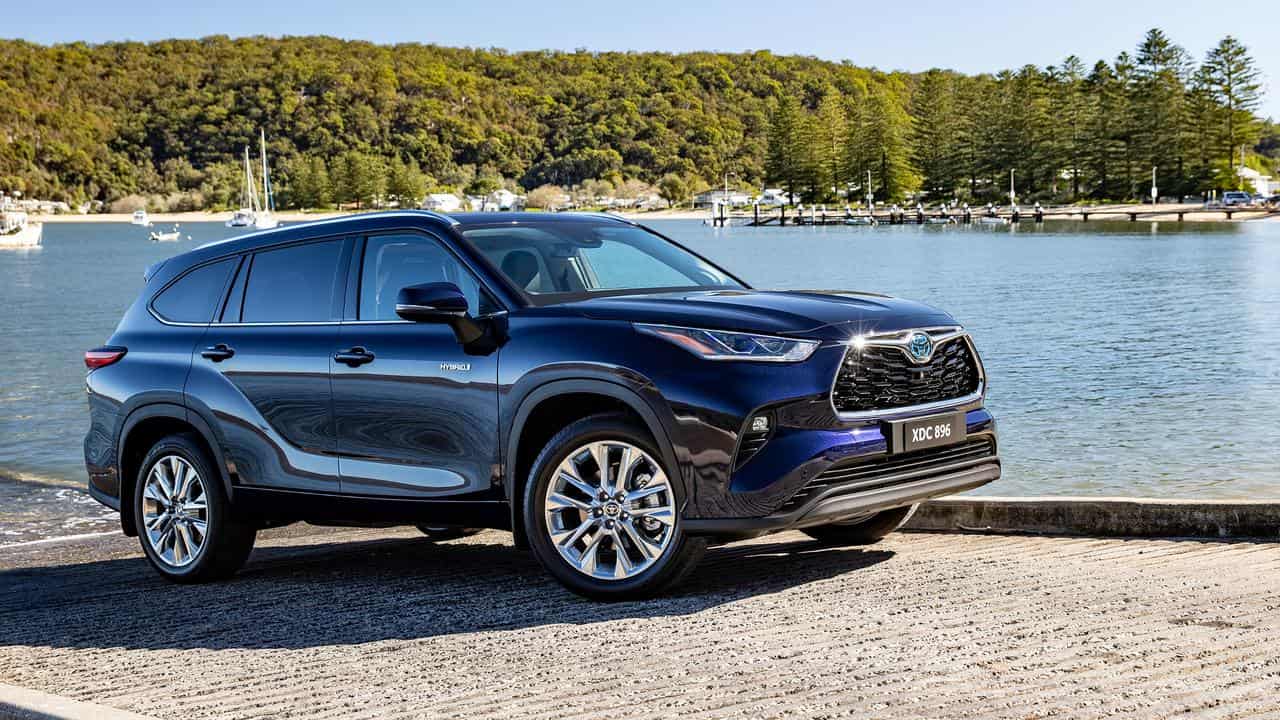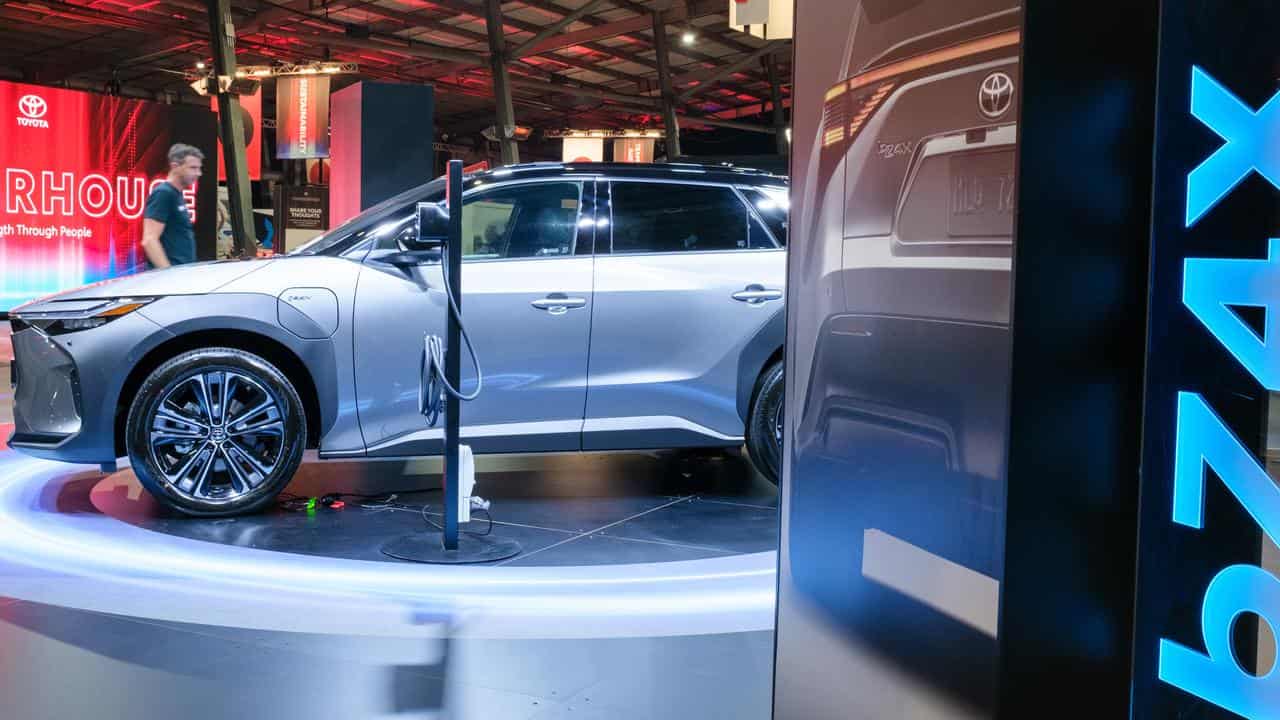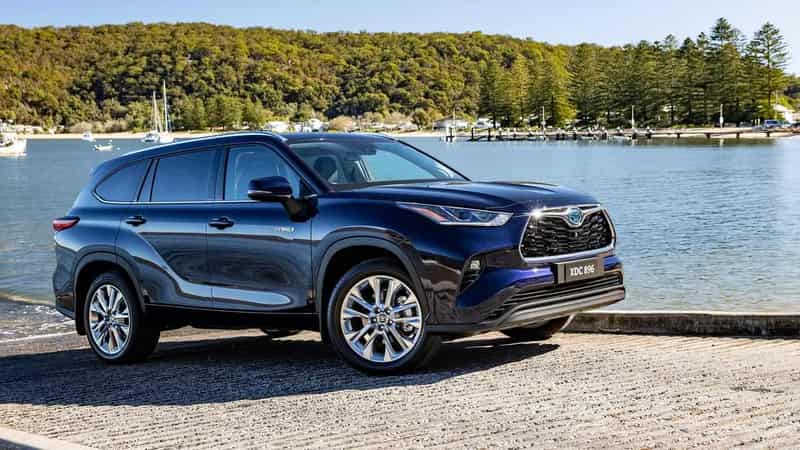
Regulators in Australia and around the world are being urged to take Toyota to task over the way it advertises hybrid vehicles.
The US-based group, Eko, issued the call on Tuesday, claiming an analysis of Toyota websites in 23 countries showed the company used terms such as "electrified" and "electric" in its advertisements in ways that could mislead consumers.
The group's report found a website dedicated to Toyota "electrified" vehicles had yet to list any battery electric cars, including its first that is due for release in Australia in February.
But a Toyota Australia spokesman said consumers understood its advertisements for hybrid vehicles and argued electric vehicles could not "be the automotive industry's only answer to climate change".
The report from Eko, titled Electrifraud, analysed 25 of Toyota's websites across 23 countries in January, including Australia.
It found Toyota's websites repeatedly used words including "electrification" and "electrified" on pages that featured hybrid, plug-in hybrid and hydrogen fuel cell vehicles, which the group claimed was an attempt to "capitalise on growing electric vehicle demand to sell more polluting vehicles".

The report alleged the metadata on some Toyota websites had "misled Google’s AI into conflating hybrids with electric vehicles" and resulted in incorrect search results.
Its authors noted Toyota's "electrified" website had yet to list the company's first battery electric vehicle, the bZ4X, and instead featured only hybrid and hydrogen cars.
Eko campaigner Eoin Dubsky said the analysis proved the company was "greenwashing" advertising campaigns and called on Toyota to end "bait-and-switch tactics" to sell hybrid vehicles.
"Toyota simply has to change," he said.
"Transport accounts for around 20 per cent of global carbon dioxide emissions ... (and) about 75 per cent of this is from road transport."
The report called on regulators including the including the Australian Competition and Consumer Commission, European Commission, UK Advertising Standards Authority and US Federal Trade Commission to investigate Toyota for inappropriate marketing and called on the ACCC to "urgently investigate the complaint about misleading advertising" filed by Greenpeace in March 2023.
The complaint made seven claims about Toyota's advertising, alleging its plans to reach net-zero by 2050 were misleading and that its hydrogen-powered cars should not be classified as "low-emission vehicles".
A Toyota Australia spokesman told AAP the brand had chosen to back hybrid vehicles as cars "for the masses" because they were cheaper to produce than electric cars, used less petrol than traditional vehicles and would not put significant strain on mineral resources.
“Battery electric vehicles cannot be the automotive industry’s only answer to climate change now," he said.
"Toyota hybrid-electric vehicles can make a positive impact by lowering (carbon dioxide) tailpipe emissions compared with equivalent petrol-only vehicles."
Toyota remained the top-selling vehicle brand in Australia in 2023, selling more than 215,000 new vehicles, according to the Federal Chamber of Automotive Industries.









